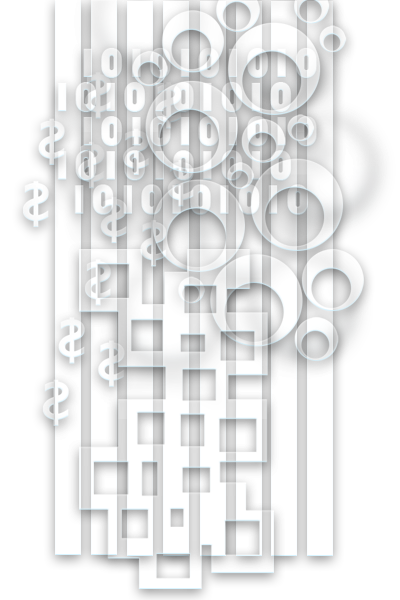
PHP
Another reason for the popularity of PHP has been its flexibility. It can be used on any operating system available, be it Mac, Linux or Windows. It also allows for a lot of tweaking within the package according to your requirements. Another advantage is the seamless functionality with MySQL, an online database which is also open source. ...
PHP is a general-purpose server-side scripting language originally designed for web development to produce dynamic web pages. For this purpose, PHP code is embedded into the HTML source document and interpreted by a web server with a PHP processor module, which generates the web page document. It also has evolved to include a command-line interface capability and can be used in standalone graphical applications. PHP can be deployed on most web servers and as a standalone interpreter, on almost every operating system and platform free of charge. There is also commercial software such as RadPHP, a rapid application development framework for the PHP language. A competitor to Microsoft's Active Server Pages (ASP) server-side script engine and similar languages, PHP is installed on more than 20 million websites and 1 million web servers. PHP was originally created by Rasmus Lerdorf in 1995. The main implementation of PHP is now produced by The PHP Group and serves as the de facto standard for PHP as there is no formal specification. PHP is free software released under the PHP License which is incompatible with the GNU General Public License (GPL) due to restrictions on the usage of the term PHP. While PHP originally stood for "Personal Home Page", it is now said to stand for "PHP: Hypertext Preprocessor", a recursive acronym.
PHP is a general-purpose scripting language that is especially suited to server-side web development where PHP generally runs on a web server. Any PHP code in a requested file is executed by the PHP runtime, usually to create dynamic web page content or dynamic images used on web sites or elsewhere. It can also be used for command-line scripting and client-side GUI applications. PHP can be deployed on most web servers, many operating systems and platforms, and can be used with many relational database management systems (RDBMS). It is available free of charge, and the PHP Group provides the complete source code for users to build, customize and extend for their own use.
PHP acts primarily as a filter, taking input from a file or stream containing text and/or PHP instructions and outputting another stream of data; most commonly the output will be HTML. Since PHP 4, the PHP parser compiles input to produce bytecode for processing by the Zend Engine, giving improved performance over its interpreter predecessor. Originally designed to create dynamic web pages, PHP now focuses mainly on server-side scripting, and it is similar to other server-side scripting languages that provide dynamic content from a web server to a client, such as Microsoft's Asp.net, Sun Microsystems' JavaServer Pages, and mod_perl. PHP has also attracted the development of many frameworks that provide building blocks and a design structure to promote rapid application development (RAD). Some of these include CakePHP, Symfony, CodeIgniter, and Zend Framework, offering features similar to other web application frameworks.
The LAMP architecture has become popular in the web industry as a way of deploying web applications. PHP is commonly used as the P in this bundle alongside Linux, Apache and MySQL, although the P may also refer to Python or Perl or some combination of the three. WAMP packages (Windows/ Apache_HTTP_Server/ MySQL / PHP) and MAMP packages (Mac OS X / Apache_HTTP_Server / MySQL / PHP) are also available.
As of April 2007, over 20 million Internet domains had web services hosted on servers with PHP installed and mod_php was recorded as the most popular Apache HTTP Server module. PHP is used as the server-side programming language on 75% of all web servers. Web content management systems written in PHP include MediaWiki, Joomla, eZ Publish, WordPress, Drupal and Moodle. All websites created using these tools are written in PHP, including the user-facing portion of Wikipedia, Facebook, and Digg.(sources : http://en.wikipedia.org)
One of the core reasons for the popularity of PHP among developers is its simplicity. Anyone having a decent knowledge of other languages such as C, C++, etc. can quickly learn the tricks and trade of PHP. Another reason for the popularity of PHP has been its flexibility. It can be used on any operating system available, be it Mac, Linux or Windows. It also allows for a lot of tweaking within the package according to your requirements. Another advantage is the seamless functionality with MySQL, an online database which is also open source. SilentDrifter Inc., works with these two web development tools to provide its clients with a sophisticated and brilliant web experience.